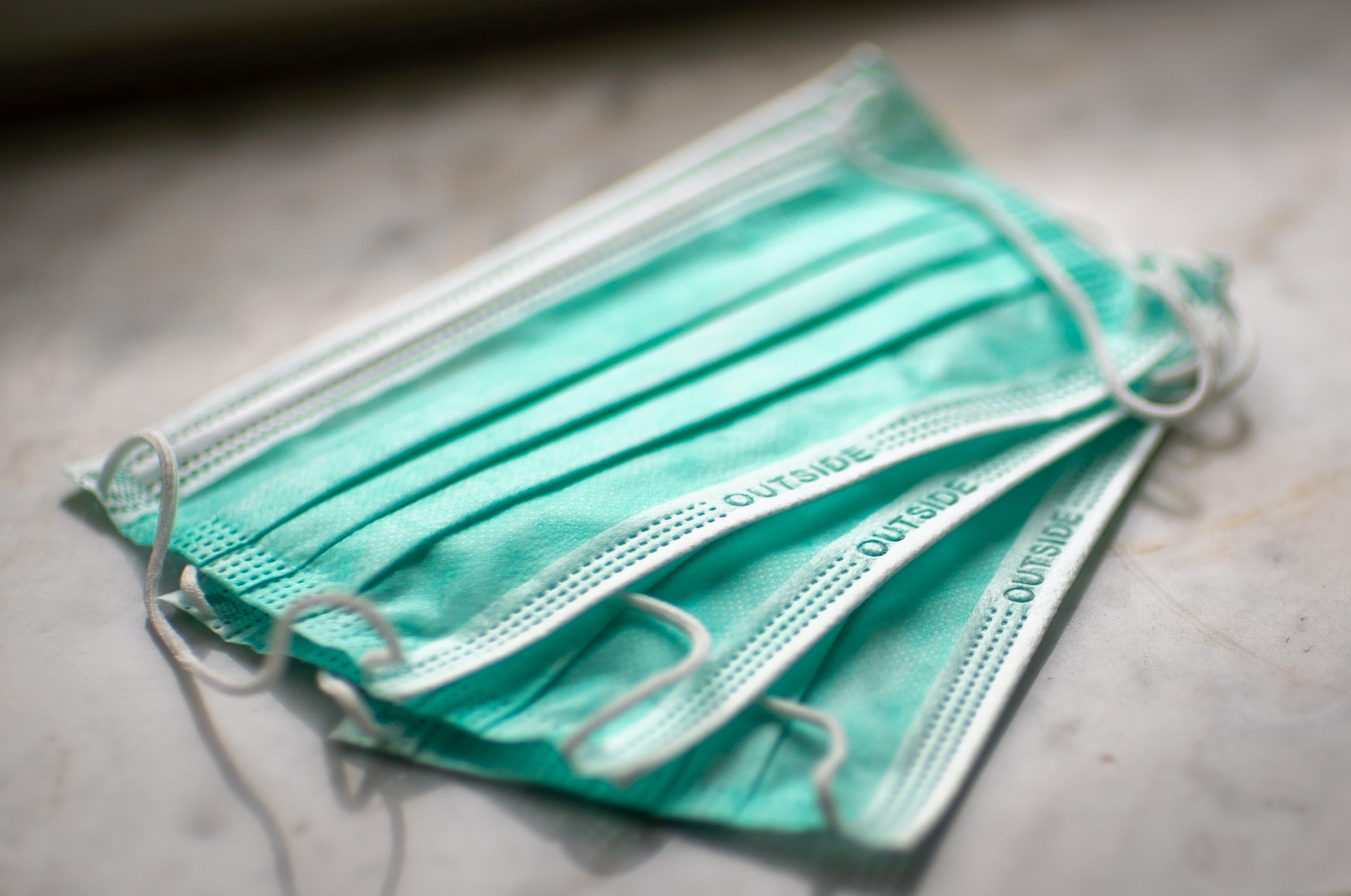Should We Keep Wearing Masks Post-Covid?
In most parts of the country, putting on a mask to enter any public place has become about as routine nowadays as wearing a pair of pants.
One year into the coronavirus pandemic, many of us have come to understand that wearing a face-covering when we are in crowded places — like an airport, store or subway — has helped reduce the spread of the COVID-19 infection.
But it turns out, the majority of the American public wearing masks has resulted in a drop in influenza cases and experts are wondering if folks should keep wearing them in well after pandemic measures are lifted.
“I do think that COVID-19 precautions, including masks, improved hygiene, and social distancing, could have a positive impact on the flu season this year,” Carmen Teague, MD, the specialty medical director of internal medicine at Atrium Health, told Real Simple. “Influenza and COVID-19 are both viruses spread by respiratory droplets. Any efforts we make to decrease the spread of such droplets should help decrease the spread of both viruses.”
According to the Center for Disease Control and Prevention (CDC), only 155 people in the U.S. were hospitalized with the flu between Oct. 1 and Jan. 30. That’s a 98 percent decrease from the same window of time in the 2019-2020 flu season in which 8,633 people were hospitalized with the flu.
Of course, it stands to reason that methods used to combat covid — specifically mask-wearing, hand washing and social distancing — would also be effective in curbing the spread of colds and flu. Just like the novel coronavirus, those more common respiratory viruses are spread primarily through droplet transmission.
“If you’ve ever been in a crowded New York City subway car, then you kind of know how easy it is to get sick,” said Wayne Stock, owner of Stock Environmental Consulting. “The idea of wearing masks post-Covid would be a welcome idea for many.”
This has public health experts wondering whether masks should remain a thing in crowded public places even after the coronavirus pandemic has finally come to an end. Much of East Asia adopted regular use of face coverings in the aftermath of the SARS outbreak in 2003. When the coronavirus pandemic hit two decades later, countries like Taiwan and Vietnam had relatively few cases of COVID-19 because there is a cultural belief in doing what’s good for the sake of the community, William Hsiao, emeritus professor of economics in the Department of Health Policy and Management at the Harvard T.H. Chan School of Public Health, told CNBC.
While many Western countries struggled at first with accepting wearing face coverings, one poll this fall suggested that most Americans now realize the importance of wearing masks for themselves and others. According to the HealthDay/Harris Poll, 93% of respondents reported regular mask use and 72% said they always wore masks in social situations.
Not only would regular mask-wearing prevent transmission of respiratory viruses among an otherwise healthy population, but it would help protect those who struggle with compromised immune systems.
“When flying in the winter, one of the main things I fear is getting sick from the flight and being forced to take time off of work,” said Stock, who is a small business owner. “If we made masks permanent in crowded places — like airplanes and subway cars — that fear would be eliminated.”
Think your home might be making you sick? Call Stock Environmental Consulting (732) 383-5190 for your free phone consultation to keep you and your family safe and healthy.




